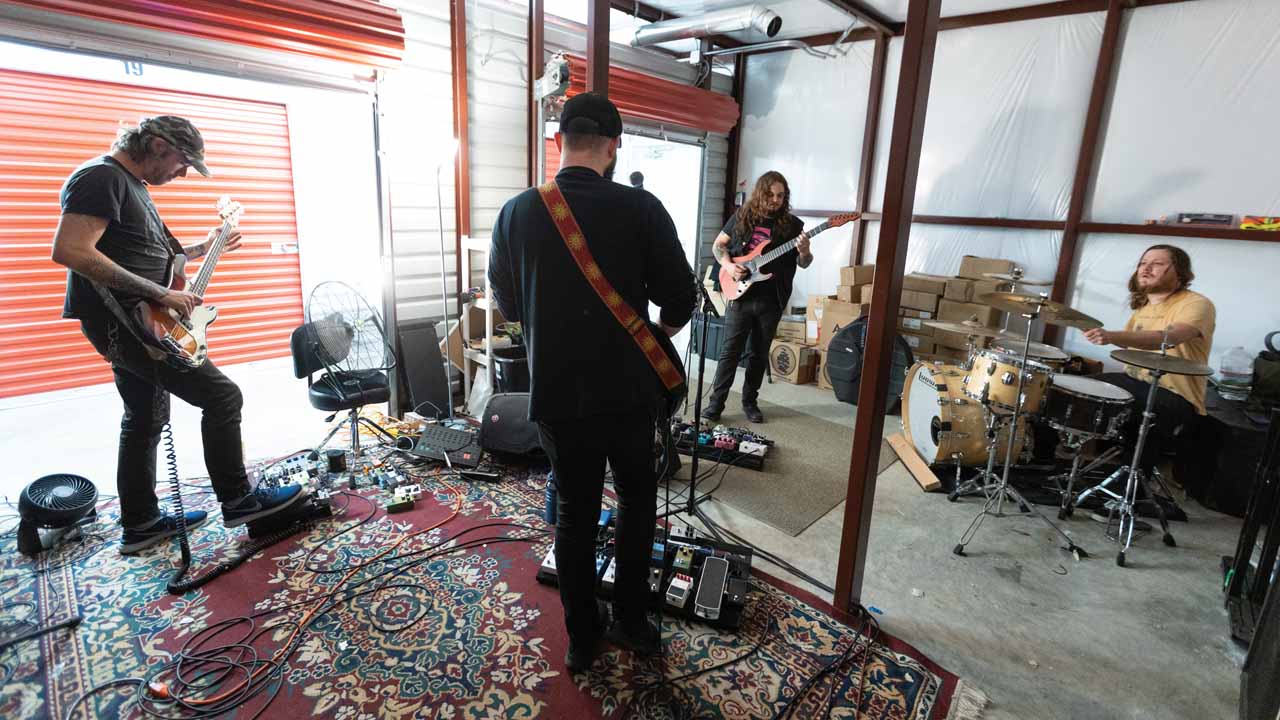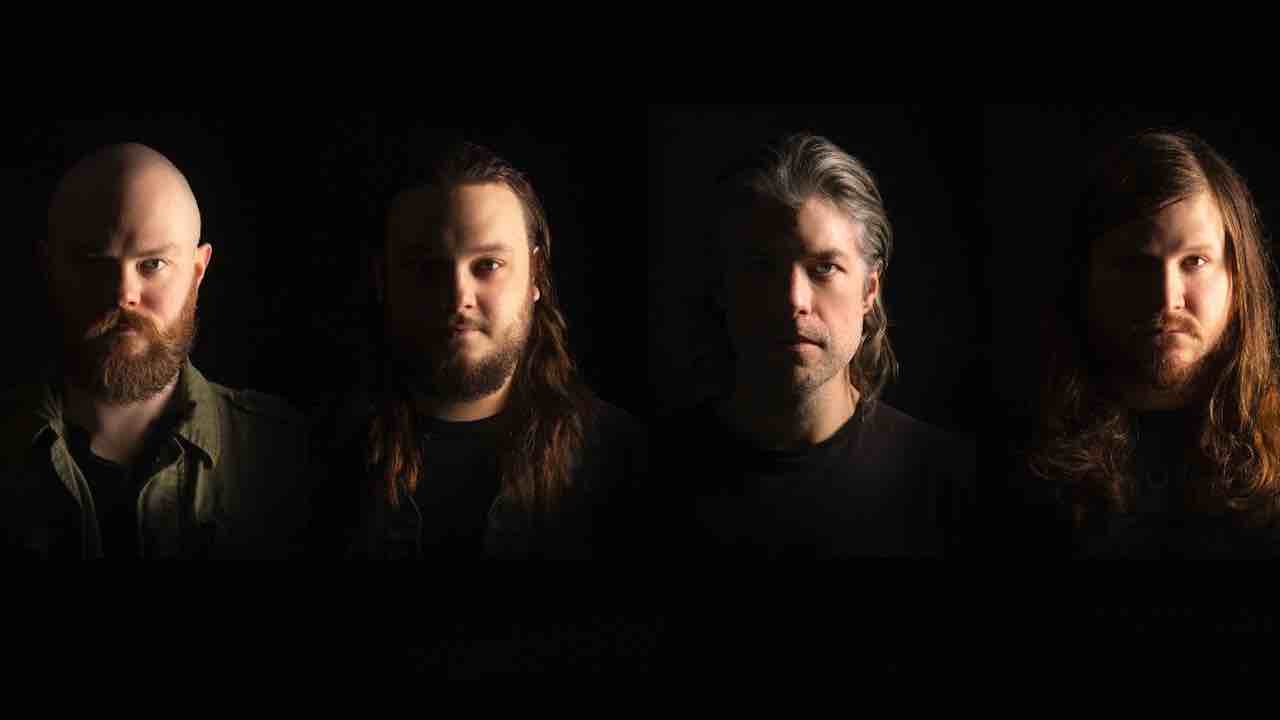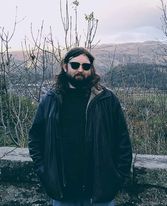A decade ago, it seemed unfeasible that the funereal sounds of doom could so emphatically capture the hearts and imaginations of metal fans and press alike, much less breach international charts, but heavyweights Pallbearer achieved just that on Heartless, their third record. It broke the Top 200 Stateside (peaking at No.187) and Top 100 (No.98) in Germany, while also landing high spots on numerous critics’ end-of-year lists. Frontman Brett Campbell tells us the band aren’t resting on their laurels and may just have completed their most ambitious and emotionally cathartic record yet.

On each release you’ve developed and expanded your sound. How does this new record fit in with that trajectory?
“I’d say this album is an amalgam of everything we’ve done so far. We haven’t pushed so far in the technical directions as we did on Heartless, because by the time we got to Atlantis [the single they put out in June 2019] we felt we’d gone as far in that direction as we were looking for. The initial writing stages for this record had us strip back and go more aggressive and direct instead; there’s still some slow, funereal stuff we might’ve had on Sorrow And Extinction, but our songwriting has been refined over the years. If you’ve never heard Pallbearer before, this record is a fantastic place to start.”
Texas isn’t usually a go-to destination for doom records. What was it like recording at Sonic Ranch?
“The studio is just outside El Paso, on this enormous antique pecan orchard. It’s secluded, so there’s no distractions. Each day after recording we’d go out, build a campfire, talk over a few beers… maybe listen to gunfire! Ha ha! The guy that runs it has a bunch of Picassos and Dalí originals around, which is pretty inspiring; to be surrounded by these pieces of great art in a place where other great artists have recorded is a real experience.”
You’re working with Randall Dunn. What does he bring to your sound?
“We had a fantastic time recording with Randall – he’s a sonic master. He was the first producer to really work on us during the record. We still get our input, but he’d come in with suggestions for layering and new approaches. It took some of the directorial pressure off us and meant we weren’t just spinning our wheels. We’ve arrived at the destination we wanted, but Randall got us there faster.”

Your bassist, Joseph D. Rowland, was brought up on a lot of classical music. Could going down the symphonic route ever be on the cards for Pallbearer?
“Coincidentally there’s more synthesiser on this record than we’ve ever had. But I wouldn’t necessarily say its applied in the same way a lot of death/doom bands tend to use them; we come more from the prog, textual direction where we can use synth-strings to enhance certain sections. I’ve got a large collection of synths, so I’ll just set everything up, listen to Tangerine Dream-type cosmic stuff and have hours-long cosmic jams. It forces me to look at things in different ways and learn a whole new language of music. Joe is really big into synths too, so we exchange these jam songs and work on redux versions of older Pallbearer songs like Ashes.”
Do you see this record as more cathartic, or escapist?
“Cathartic – it has some of the most personal, emotional stuff we’ve done. Even on the early records that were seemingly not tied into our personal experiences and had more cosmic leanings or whatever, we were trying to express those things but wrapped them in metaphor. We’re more comfortable now and our lyrics are more direct. Not exactly confessional, but definitely tied to emotional moments in our lives. There’s a lot of reflections on family, the passage of time and identity. We’re proud of it – it’s one of our most diverse records, but still feels cohesive.”
Forgotten Days is released on October 23 via Nuclear Blast

